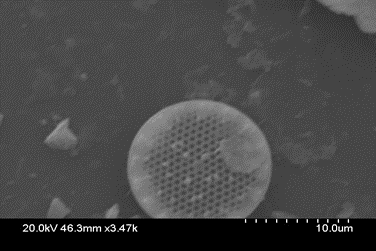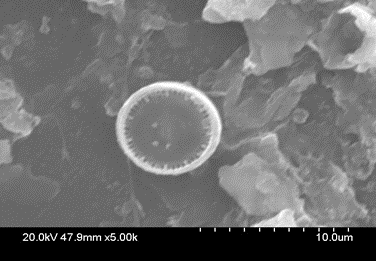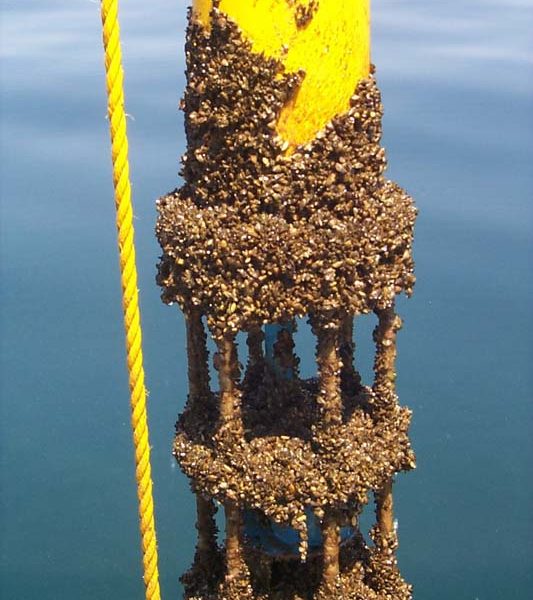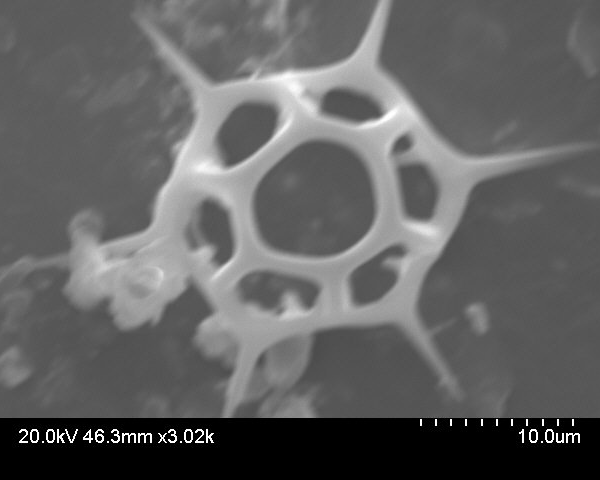Introduction:
Chloe Richards graduated from DCU with an undergraduate degree in Analytical Science. She is currently doing her master’s degree in the DCU Water Institute and School of Chemical Sciences in DCU.
What does the project encompass?
Chloe is working on her research project titled: Marine Inspired Design for Antifouling Technology. This project focuses on overcoming the challenges that biofouling presents for ship owners in the marine environment. Biofouling is the process by which artificial structures immersed in the water undergo fouling from organic matter and biofouling organisms like benthic marine diatoms. Accumulation of this biomass causes damage to ships, sensors and buoys.
What is the goal of the project?
The goal of this project according to Chloe is to “use structures and textures inspired from nature in order to prevent fouling on boats”. Currently, Chloe is investigating the antifouling properties of fish scales and crab pillars in a natural environment. She hopes to be able to 3D print these structures to see if they can prevent adhesion of diatoms. If the research is successful, Chloe and the rest of the team is hoping to develop novel transparent coatings which could replace harmful biocidal paints that are used today.
Are you incorporating solutions already present in nature?
“We are looking directly to nature for inspiration on how structures such as fish scales prevent adhesion of diatoms as well as developing new materials to prevent fouling and looking to incorporate this on ships, sensors and buoys.”
What environmental impact do you expect your project to have?
Antifouling technologies used today are often very toxic to marine life. Chloe believes that the success of her project can lead to the development of new materials which would prevent biofouling and remain environmentally friendly. She continues “Fish live in water and prevent fouling naturally. It would be great to come up with new materials and structures to prevent this fouling naturally like fish do.”
Sometimes, we can get caught up in our own technological advancements and ignore the solutions to problems already solved by nature.





Recent Comments